The Prophecy of Raymond Carver’s “Errand”
Two years before his death from lung cancer, Carver wrote a story fictionalizing the death of Anton Chekov, from tuberculosis.
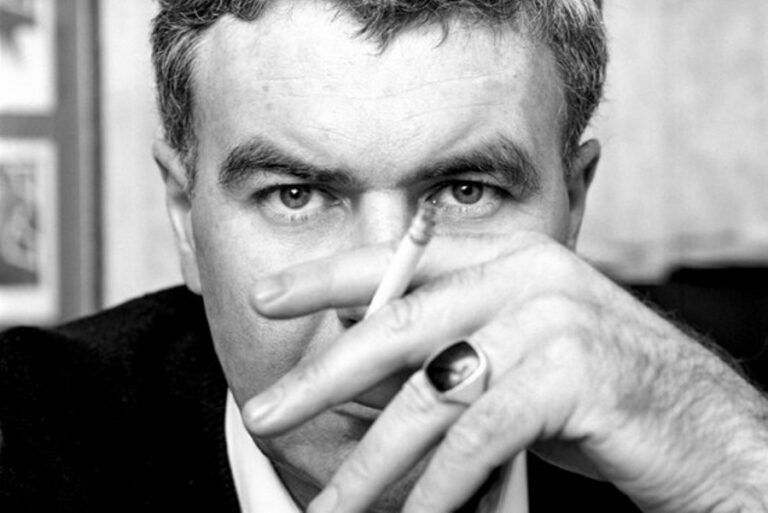
Two years before his death from lung cancer, Carver wrote a story fictionalizing the death of Anton Chekov, from tuberculosis.

The protagonist of Claire Vaye Watkins’s new novel refuses to perform motherhood, wifedom, and womanhood within the strictures of these words. But her refusal calls into question her very character, in others’ eyes and sometimes also her own. If she doesn’t fulfil these roles, what is she?
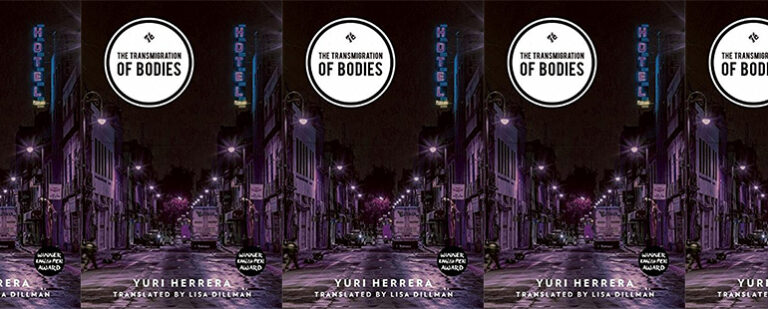
When I started reading Yuri Herrera’s 2013 novel, I wasn’t trying to read another pandemic book. The pandemic has fatigued me more and more lately. The isolation, the death counts sent to my phone every morning, the anxiety of unwittingly spreading the virus in the grocery store and killing someone.
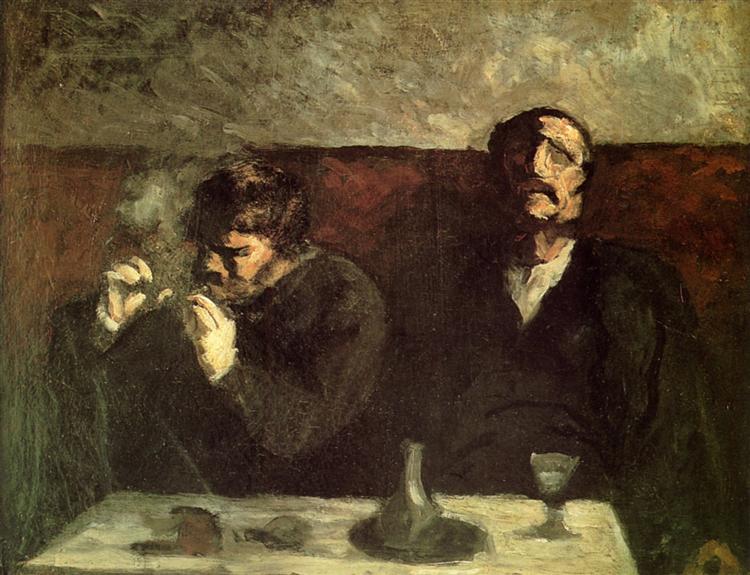
What makes Fyodor Dostoevsky’s second novel so painful is the extreme tactic he uses to “penetrat[e] into the depths of the normal human soul,” as translator Richard Pevear observes, and the dramatic shift in character that tactic evokes.
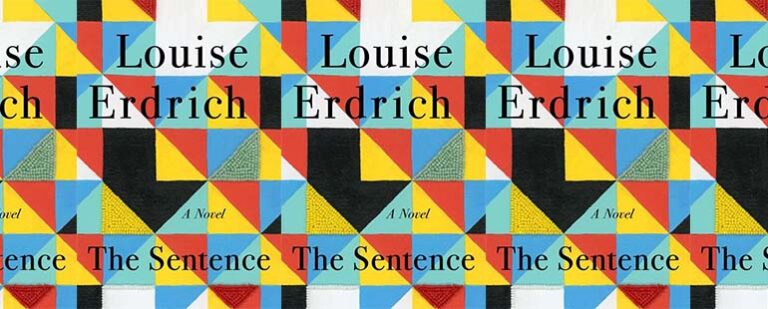
Louise Erdrich’s new novel is a persistent implicit commentary on the importance of words—and the communities forged by words—in the face of the traumas that haunt individual and collective lives.

We already know that consumer goods are not the stuff of human happiness. And yet, stories by Carmen Maria Machado, Nana Kwame Adjei-Brenyah, and Aimee Bender underline this reality while also rendering it more complex, interrogating the ways in which we can and cannot resist capitalism and its cruelties.
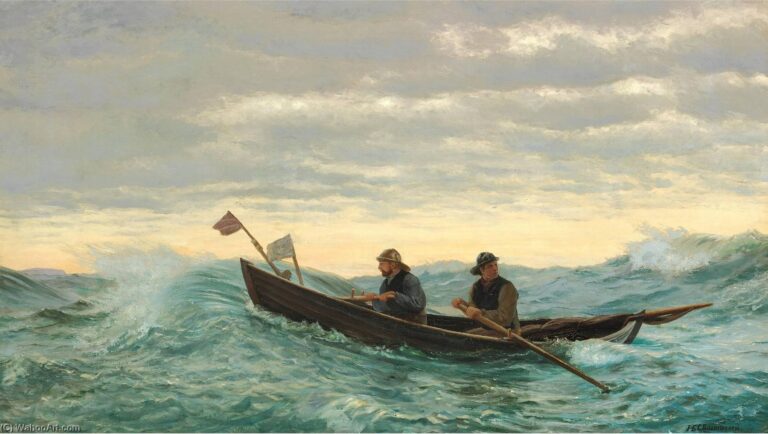
We are often blind to the disparity between the behavior we instruct and the behavior we model for our children. But even more nuanced are the differences between the behaviors we try to emphasize—our aspirational behaviors—and the ones we try to downplay, which are often even more prominent.
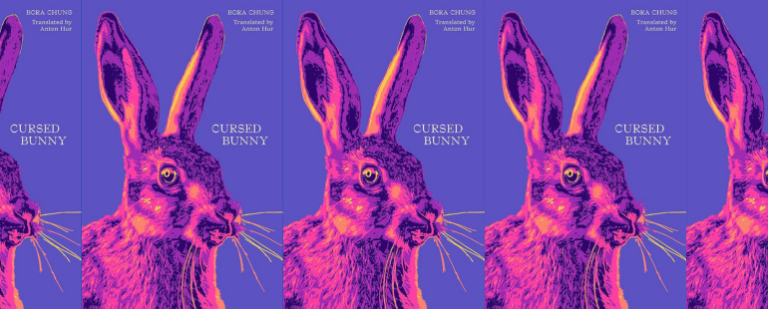
Helplessness or bewilderment is common to many of the characters in Chung’s stories; they are like characters caught in a bad dream from which there is no waking, and in which the interdependence of living things is experienced as horror.
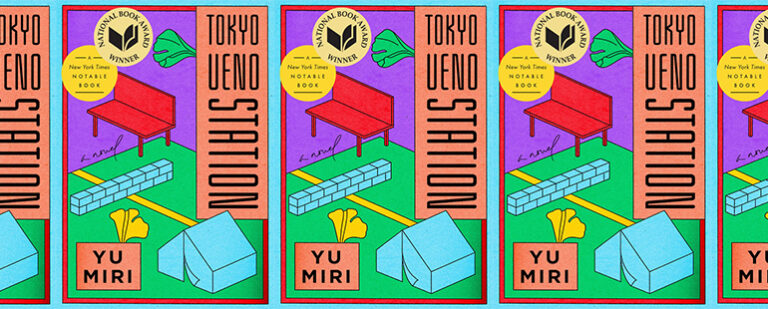
Yu Miri directly tackles homelessness in Japan in her 2014 novel, focusing on the memories and reflections of the ghost of a homeless migrant manual laborer, Kazu, as he wanders through the titular park, which had been his home.
No products in the cart.